The Intangible Feeling of Home
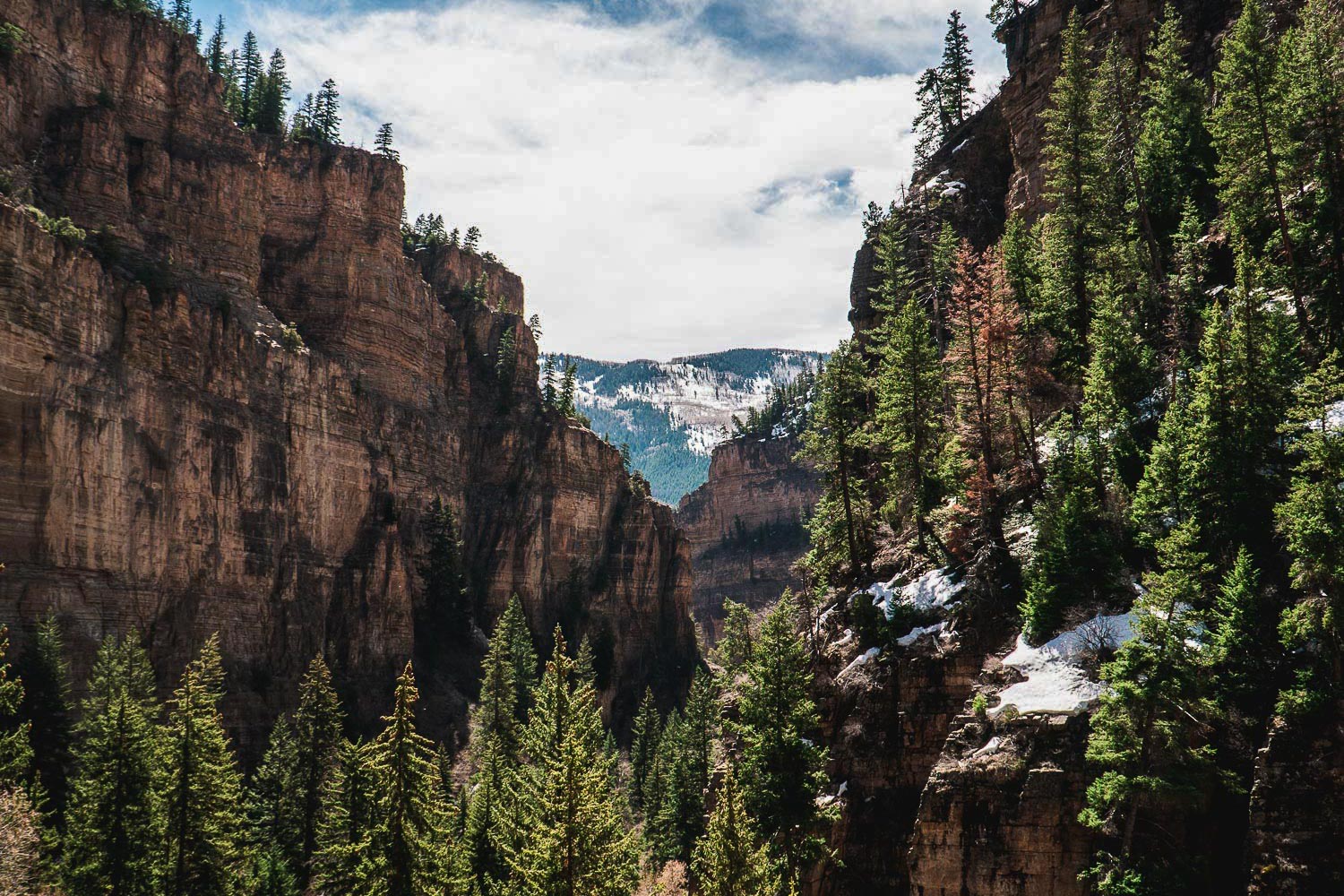
The Intangible Feeling of Home
Katie Hake writes on moving to Colorado from Massachusetts and muses on why we live where we do—and what makes certain places have that intangible feeling of “home.”
By Katie Hake
The dirt under my hiking boots is red, but the air around me smells familiar: pine. Fresh and fragrant, it fills my nostrils and makes me smile even as I gasp for breath on this steep incline. I’m not adjusted to Colorado’s altitude yet, but I will be.
These mountains may be new to me and haven’t hiked in months, but the dirt and the sweat and the discomfort—I recognize all of these, and I smile at the memories of mountains and deserts they bring back. The movement and memories have me wondering about home.
Why do you live where you live? Do you find comfort in the familiarity of where you grew up? Do you prioritize living close to family? Did you follow friends or a significant other or a job? Did you throw a dart at a map?
Why do you live where you live?
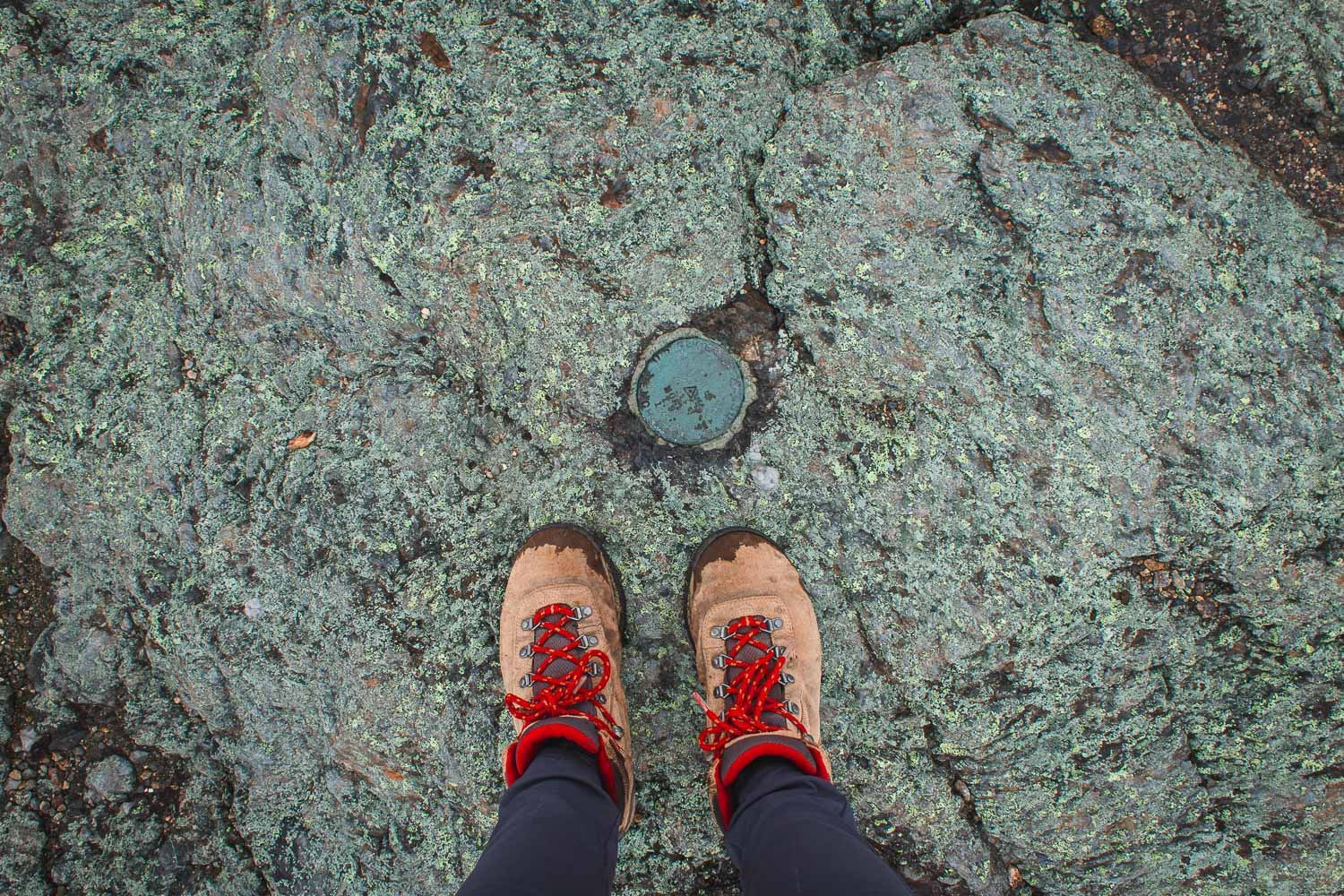
New Hampshire felt like home once. It’s where I went to college, where I bought my first pair of “real” hiking boots and learned that a good day pack can make all the difference. I paddled down the Connecticut River in a canoe and met my first Appalachian Trail thru-hiker, and I hiked on the AT myself. But after 4 years, it was time to leave.
Since then I’ve learned that simply living somewhere doesn’t make it home. The places I settled between New Hampshire and now gave me interesting art and delicious food and colorful buildings—and for many wonderful people they were home—but not for me.
I’ve learned that simply living somewhere doesn’t make it home.
The first was Washington, DC where I lived for a college internship and return post graduation. When I lived there for that first internship winter, I went for runs to the Washington Monument from the house I shared with 9 other people on Capitol Hill. I’d place a hand against the cold marble to mark my halfway point and sometimes I’d stop and stare up at it for a few seconds as it towered above my head. But all the free monuments and museums in the world can’t keep you in a place that doesn’t feel right. I didn’t run to the Washington Monument once during my post-grad return to DC. I missed mountains and winters where an inch of snow didn’t shut everything down. Eventually, my boyfriend and I decided to move to Boston—nearer to friends and the White Mountains of New Hampshire we loved so much.
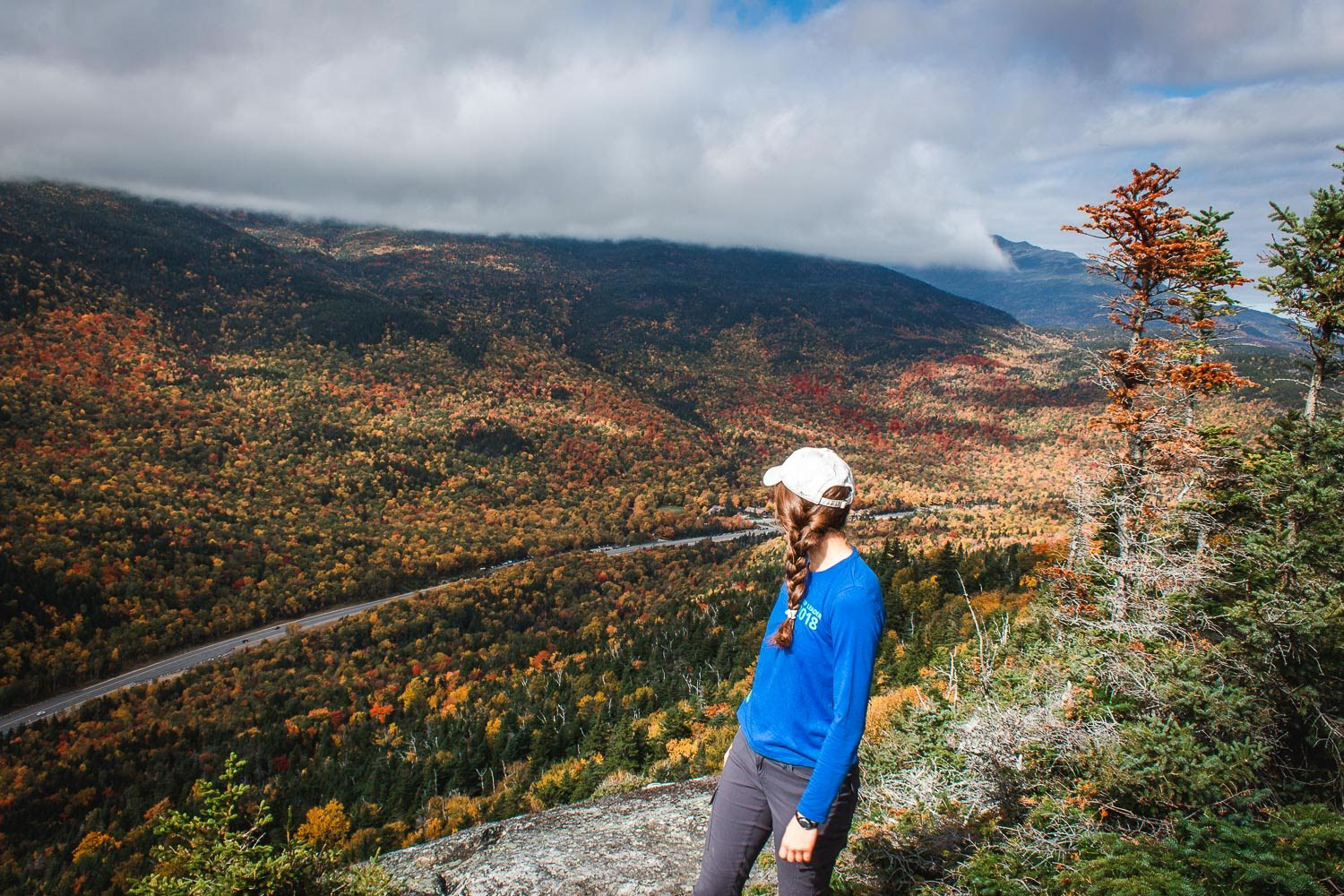
In Boston, most weekends found us crawling through traffic to get out of the city and out of Massachusetts. We played board games with friends, made mac and cheese in cabins, cross country skied through dark woods of New Hampshire, and our hearts were full. But Boston wasn’t home, either. We loved the city for its people, but not its traffic, or the omnipresent obsession with the Patriots. We weren’t attached to the city itself, and that made it easy to let go.
I was looking for a place to attach to, preferably with mountains—but it wasn’t as simple as just moving to a mountain town without a plan to make a living there. Then a reason to move west turned up: a job opportunity. It took us by the hand and led us to a U-Haul, and so we packed up and moved to Colorado where the trails are red and pine lingers in the air.
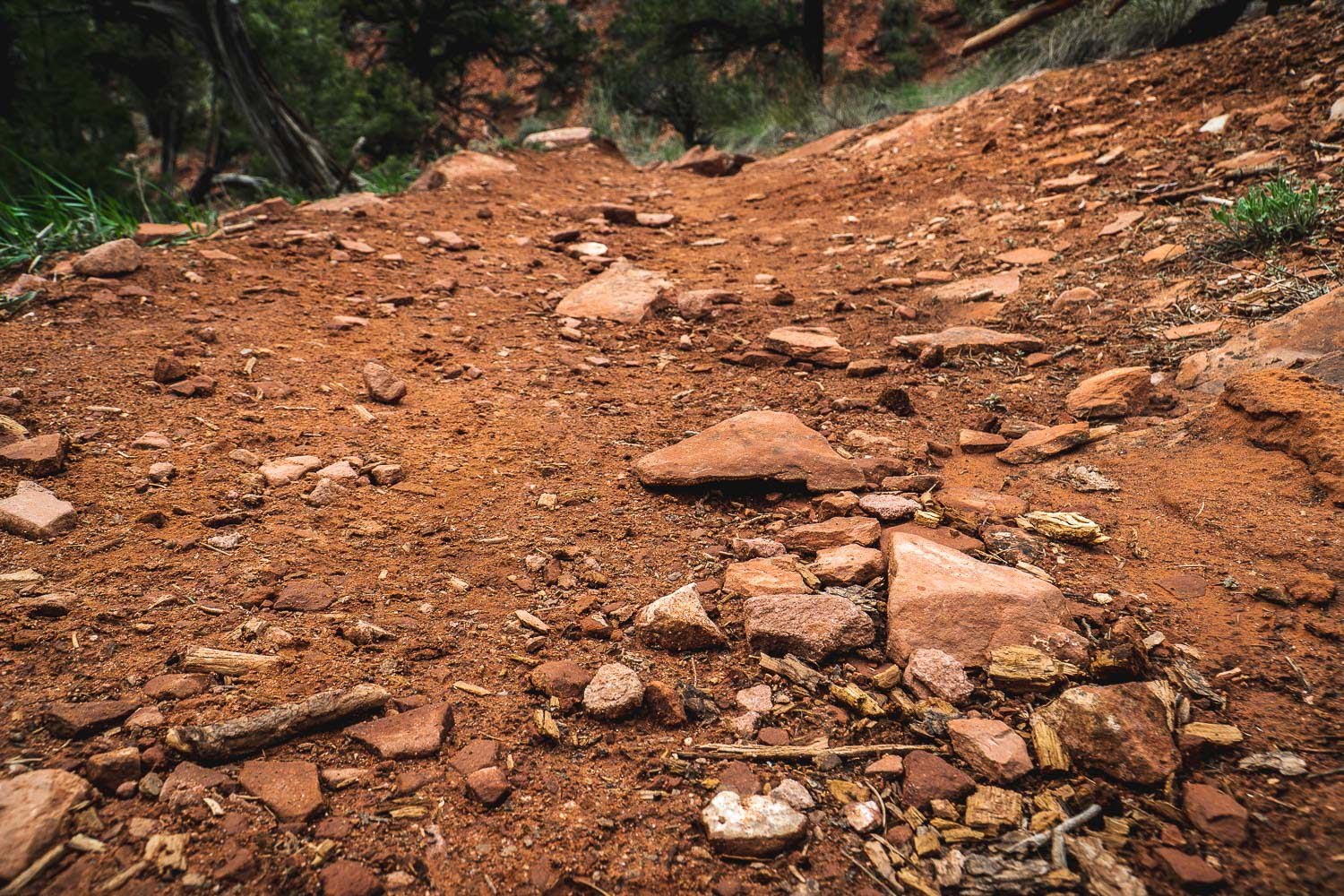
I’m a big believer in being happy where you are. Even in D.C. and Boston, when I was overwhelmed by cities I couldn’t connect with, I knew it was up to me to find happiness in my day-to-day life. That meant taking the time to drive to Shenandoah National Park for a weekend or stopping to appreciate the “Make Way for Ducklings” statues in the Boston Public Garden.
Yet I also believe in finding the right home.
Here in Colorado, I can drive less than 15 minutes and find myself at a trailhead. The air is clear. Looking out my bedroom window I see a mountain of red rock. I’ve passed a family of bighorn sheep every time I’ve driven a certain section of highway. Friendly people give me recommendations of things to do. And something about it feels intangible—like the way I felt when I stepped onto the campus of the college I would end up attending. Not everything in my life has to have that feeling to be right, but when I know it, I know it.
Here in Colorado, I can drive less than 15 minutes and find myself on a trailhead. The air is clear… and something about it feels intangible..
Colorado isn’t perfect, and I know that proximity to nature won’t automatically make me happy all the time—but it helps. Home just has to feel like home for it to be right for you, whether that’s due to the people you know or the mountains you find there.
On the trail, a cold wind chills us for a few steps, a thankful respite on this hot day. In Colorado, like New Hampshire, Mother Nature is moody and likes to act according to her whims: hot and sunny in the morning, followed by wind and dark skies in the afternoon.
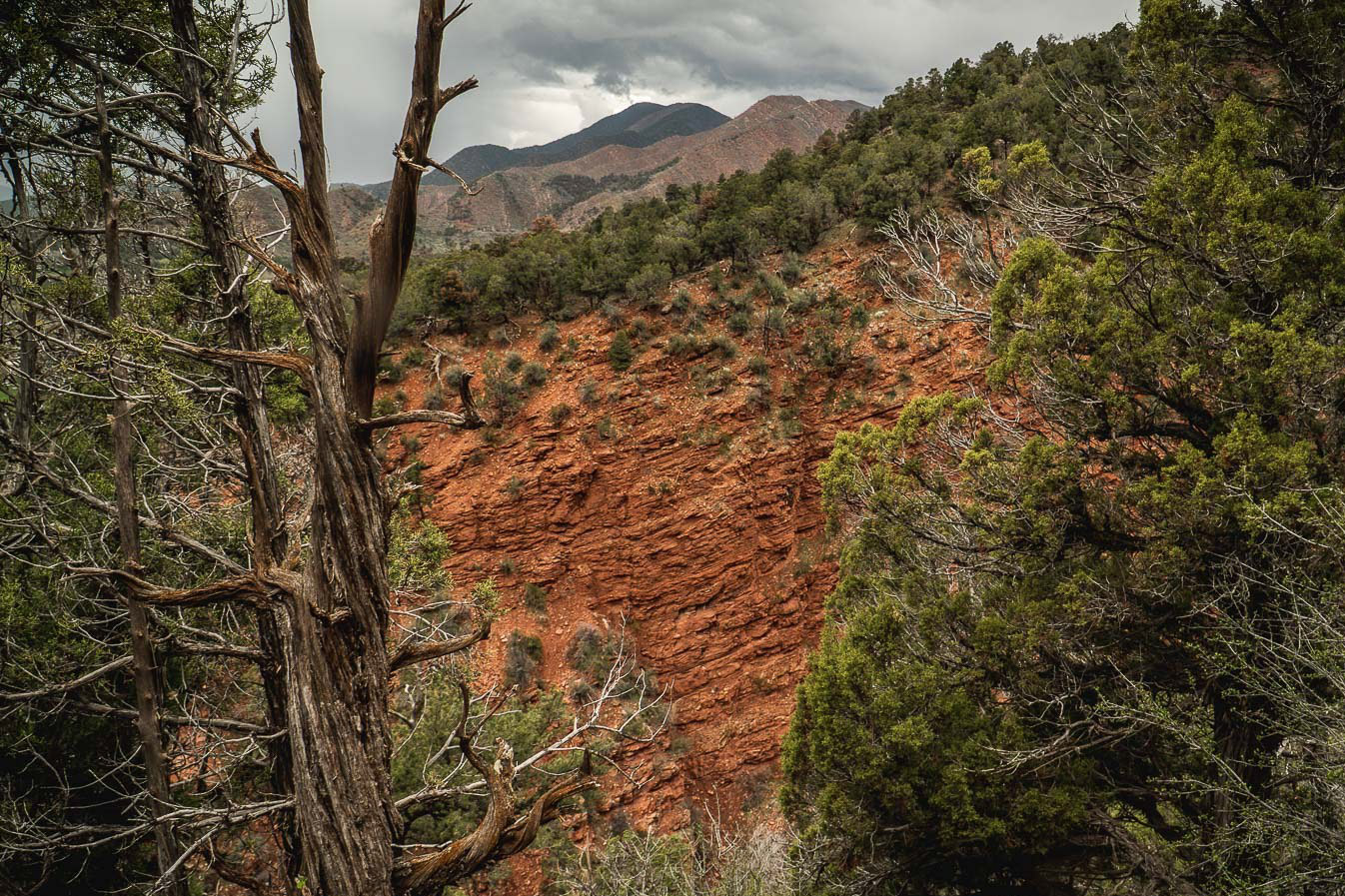
Today is the first time I’m convinced spring is actually here for good. Out here, same as in New England, “spring” is another word for mud season. The snowpack melts and exposes trails that have become a bit dicey, and streams begin to swell. Once the ski resorts close, though, everyone seems to be out stretching their hiking legs no matter the conditions.
I stop and point out some pink boulders, peering closely at the salmon-colored bands that make up their glittering composition. I don’t know what they’re called yet, but I will.
We’ve lived in Colorado for two weeks. It already feels like home.
Katie Hake is a writer and film producer who’s found home on the beaches of New Jersey, the trails of New Hampshire, and now in the mountains of western Colorado. She enjoys documenting her thoughts and adventures through writing, videos, and photographs, which you can find more of on her blog, on Instagram, and at katiehake.me.
I love this! I currently live in New Hampshire for an internship but I’m not really feeling it anymore. I plan to move to Colorado and hope it feels more like home. This read really resonated with me.
Thanks for reading, Celestine! I think it’s ok to lose a connection to a place and look for that connection elsewhere. Colorado has been fantastic and I hope you love it, too!
[…] few weeks ago, I wrote a piece about the concept of home for She Explores. I’ve lived in 3 different, non-adjacent states in the last 3 years, so moving and what […]